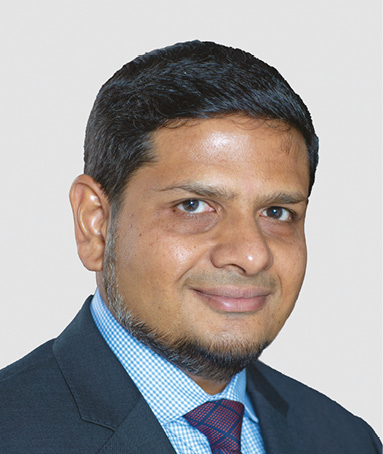LONDON STOCK EXCHANGE GROUP (LSEG) SRI LANKA
 London Stock Exchange Group (LSEG) is known for being a leading global financial markets infrastructure and data provider. The organisation has established itself as playing a vital social and economic role in the world’s financial systems. With its trusted expertise and global scale, in addition to the business’ foundational financial and transactional services – which encompass data, analytics, risk management, collateral and processing solutions, capital formation and trade execution – LSEG strives to empower the sustainable growth and stability of customers, as well as their communities, through its operations.
London Stock Exchange Group (LSEG) is known for being a leading global financial markets infrastructure and data provider. The organisation has established itself as playing a vital social and economic role in the world’s financial systems. With its trusted expertise and global scale, in addition to the business’ foundational financial and transactional services – which encompass data, analytics, risk management, collateral and processing solutions, capital formation and trade execution – LSEG strives to empower the sustainable growth and stability of customers, as well as their communities, through its operations.
Q: How can corporates grow during challenging times?
Fadhil Jiffry (FJ): The ability to thrive in unfavourable macroeconomic conditions is largely driven by strategies adopted prior to such times by planning to be resilient to a range of possible scenarios. They should be weighed against drivers such as gearing levels, organisational structures and people.
An economic downturn leads to lower revenues for most (although some may thrive) and therefore, less cash for operations.
Deft financial management – including maintaining reasonable gearing levels prior to a downturn – is a critical success factor; the higher the gearing, the higher the risk of defaulting and chances of having to make drastic decisions to protect a company’s sustainability.
Similarly, organisational structures must be agile to enable central decision making while having the capability to mobilise at the ground level. Companies also need to see past the crisis and remember that these circumstances will pass over time, and preserve capital to survive and grow.
Finally, corporates need to go beyond defensive stances in difficult times. They must adopt long-term competitive perspectives and not be afraid to seize opportunities should they arise.
 Q: Can corporates contribute to Sri Lanka’s image?
Q: Can corporates contribute to Sri Lanka’s image?
FJ: Corporates operating here – particularly those with a global presence – must be global ambassadors for ‘Brand Sri Lanka.’ We need to ensure that global stakeholders know the country is open for business and it’s easy to do business here.
This cannot be achieved by corporates alone. Policies, regulations and laws must support such an environment; only then can we truly flourish as a nation.
Q: How can companies build brand equity overseas?
Shanaka Abeywickrama (SA): The essence of building brand equity remains fairly agnostic of geographic boundaries – good brands tend to be recognised for their value globally.
Strong fundamental brand values that personify an organisation’s underlying value proposition are key. This also requires the proposition to be of a standard warranting public attention and one the company lives up to consistently.
 Q: And what must corporates consider when entering new markets?
Q: And what must corporates consider when entering new markets?
SA: For marketers looking to enter new markets, these steps could act as a useful framework.
Conduct your research in advance; and understand the potential for your product or service in the geography you are attempting to penetrate. Once this is established, understand your audience.
Next, set a plan and work to it. Building brand equity is rarely (if ever) achieved overnight.
Perhaps one of the most important steps at this stage is defining key performance indicators (KPIs) and metrics to measure the brand’s performance. Make sure you can deliver the set expectations.
Many companies often correlate revenue generation with successful marketing. While this would be ideal, it rarely occurs in the short term and can often lead to misinformed decisions.
Therefore, be conscious of how you allocate resources between tactical and strategic brand building. Adopting a proper revenue attribution model as a KPI will also help businesses understand how marketing efforts translate into bottom line results.
Consider partnerships – collaborating with a trusted partner, be it from a marketing or sales and distribution perspective could help you establish an early footprint. For service oriented companies, employing or having agreements with individuals with experience in those markets, or dealing with your customers, could also help open discussions.
LSEG believes that its recognition is testimony to the organisation’s high standards and people consistently delivering across all facets of its operations. This also serves as a reflection of the significance of the work undertaken by LSEG in Sri Lanka where the team innovates in the capital market infrastructure space and directly supports the global economy.
Chief Financial Officer Sri Lanka
Head of Marketing and Corporate Communications
Sri Lanka and Group Technology
www.lseg.com





